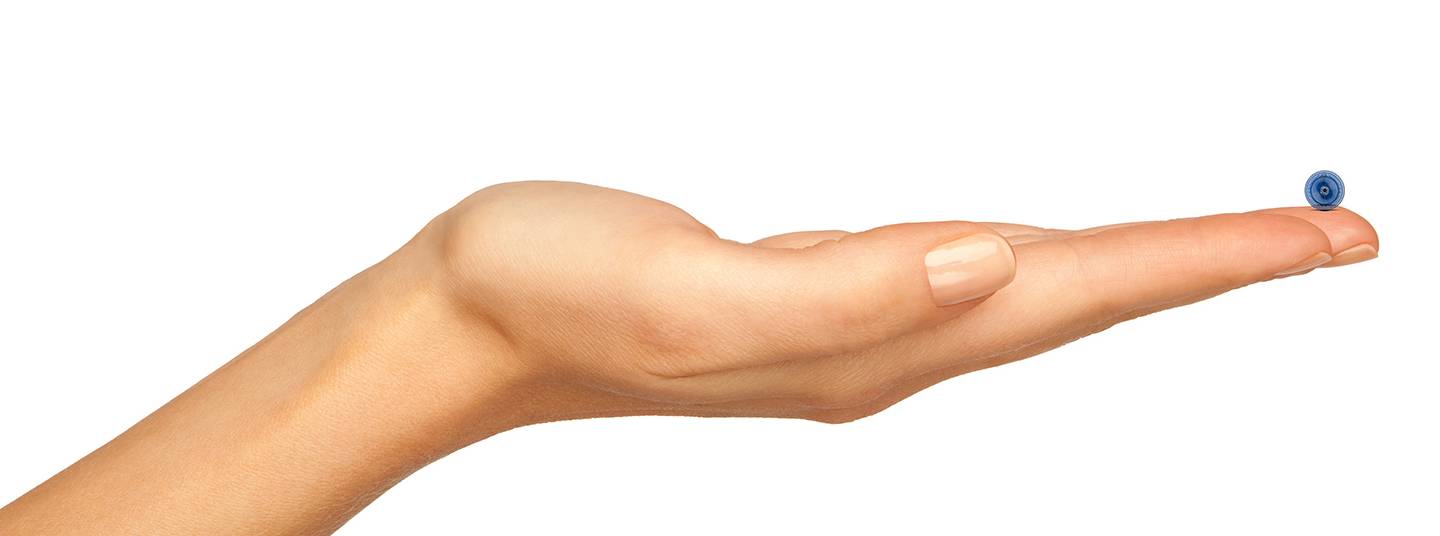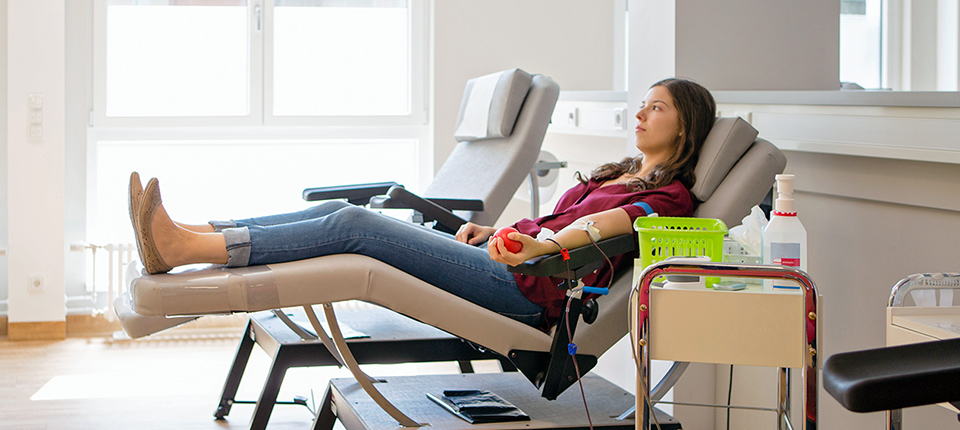Ready to give blood for the first time, but need a little nudge? It’s natural to be nervous or have questions when it comes to something to do with our bodies and health! While we may be aware of the importance of donating blood – an act of giving that can positively impact and even save lives – it can get a little daunting when you don’t quite know what to expect.
If you are on the fence, it’s good to know that there are a few health benefits of donating blood as well! Donors are usually required to undergo screenings to ascertain their blood group and for certain health markers, including hemoglobin levels, blood pressure, and certain diseases. This mini check-up not only makes you a more aware donor, but generally helps with information on your overall health as well. Studies also suggest that regular blood donation may be linked to lower blood pressure and could help manage hypertension, and could also help with cardiovascular health. It is also said to help reduce excess iron levels. Additionally, any act of giving and helping others in need can positively impact mental health in a number of ways, and blood donation is no different. It is a great way to be of service and engage with those around you.
Short on time lately? Blood donation isn’t a very lengthy process. On average, the time taken is -
Registration: 10 minutes approximately
Basic medical check-up: 8-10 minutes approximately
Actual donation: 10 minutes approximately
Post-donation refreshment: 8-10 approximately





FOLLOW ABBOTT